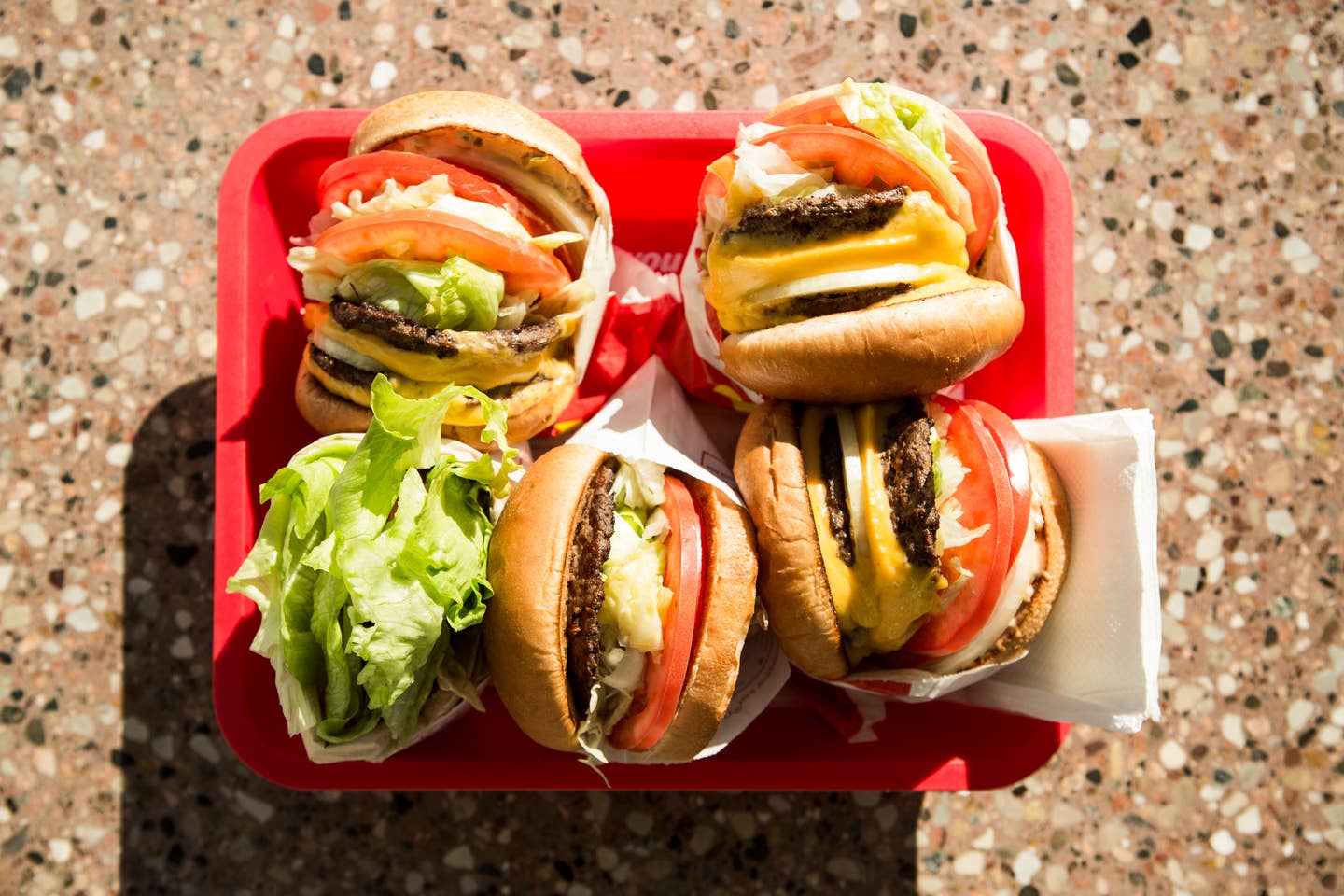
Would You Support a Tax on Meat? Here’s What Other Americans Say
Can Americans be discouraged from purchasing meat products? Younger generations believe the government could be doing more to place limitations on the meat industry to help reduce the negative environmental consequences. Gen-Z is willing to increase the price of meat to lessen support for the industry with 62 percent of Gen-Z consumers supporting a meat tax, according to a new survey from Veylinx.
Conducted this Spring, Veylinx surveyed 3,538 US adults to determine how American consumers feel about plant-based alternatives, the meat industry, and policies to promote plant-based food systems. Gen-Z consumers also showed significant support for subsidies to reduce prices for plant-based foods and stimulate innovates with 71 percent advocating for sustainable government support. The survey indicates that most younger consumers hope for government assistance to combat the damaging meat industry.
How Americans View Plant-Based Foods
Veylinx also examined purchasing habits, asking participants what would motivate them to buy more plant-based or meatless alternatives and finding that nearly 80 percent could be persuaded to buy more meat alternatives.
The survey also specified that 35 percent of people would be persuaded by improved taste and 28 percent would be convinced by lower prices. Once again, Gen-Z expressed more willingness to make sustainable choices with 87 percent claiming they could be persuaded to purchase more meatless products.
Veylinx’s research noted how consumers look for sustainable products. When asked about alternative protein labels including “veggie,” “vegan,” “meatless,” and “plant-based,” “meatless” is the most favorable for consumers, highlighting that the term boosts demand by 16 percent over “vegan.”
The comprehensive survey also revealed that most consumers are motivated by personal benefits, specifically by taste and health. The results showed that 42 percent of people choose plant-based for health and 35 percent of people marked taste as the determining factor. Otherwise, less than 30 percent of consumers marked “better for the environment” and “animal welfare” as purchase factors.
Even though Gen-Z’s support for the meat tax is substantially higher, nearly 40 percent of participants claimed they would support a 10 percent meat tax. Most notably, 51 percent of all participants supported government measures to help subsidize meat alternatives.
The meat tax is a policy that would incorporate the environmental tolls fueled by the animal agriculture industry. One study found that meat prices would increase by 146 percent if the damage to the environment was calculated into meat production. For example, a two-dollar McDonald’s Hamburger would instead cost people $292, accounting for methane, carbon, and nitrous emissions from beef production.
Last year, Beyond Meat CEO Ethan Brown announced that he would support a tax on meat purchases. The “Pigouvian” tax could potentially bridge the price gap between plant-based and conventional meats. By introducing a meat tax, governments would effectively even the playing field for sustainable alternatives, while also placing pressure on meat and dairy industries for environmental damages.
“For a few dollars at the center of your plate, you can communicate what you’re about,” Brown said to BBC. “You don’t have to go and buy that Tesla right away or some other electric vehicle. You can start by just doing something really simple, which is changing the protein at the center of your plate."
Governments Take Plant-Based Action
Governments have been increasingly held accountable for their complacency with environmental damages, specifically stemming from animal agriculture. Last month, the University of Bonn Germany released a study that claimed that the United States and European Union must take measures to reduce meat consumption by 75 percent to halt climate change. The study emphasizes that it is the responsibility of wealthier countries to promote a sustainable food system to protect the planet from climate disasters.
For more plant-based happenings, visit The Beet's News category.
Fast-food restaurants have finally got the memo that their customer base isn’t just coming through for a burger, fried chicken, or a beef taco. Many now have plant-based foods and are coming up with creative, delicious ways to get more greens on the menu. Here are the 6 best fast-food chains with plant-based options on the menu.
1. Burger King
Turns out there’s a lot more to rely on than a salad if you’re eating plant-based. Burger King has the Impossible Whopper featuring a meatless patty as well as a few secretly vegan options such as the French Toast Sticks and Hashbrowns.
2. White Castle
Known for its mini square-shaped sliders, this hamburger chain jumped on the plant-based bandwagon at some participating locations. You can find an Impossible Slider on some White Castle menus.
3. Del Taco
This was the first national Mexican fast-food chain to offer Beyond Meat at the company’s 580 restaurants across the country. Del Taco has the Beyond Avocado Taco on the menu along with the Epic Beyond Original Mex Burrito and Avocado Veggie Bowl.
4. Carl's Jr.
Another brand synonymous with beef burgers, Carl’s Jr. offers several plant-based options for veggie and plant lover such as Beyond Famous Star Burger and Guacamole Thickburger.
5. Taco Bell
This fast-food restaurant may have been one of the first you frequented while transitioning to plant-based eating. That’s because Taco Bell has eight million vegetarian combinations and sells 350 million vegetarian items a year through menu substitutions or ordering off their vegetarian menu. In fact, they were the first quick-service restaurant to offer American Vegetarian Association (AVA) certified food options.
6. Starbucks
From the time it started offering breakfast sandwiches in 2006, the coffee conglomerate became a competitor in the fast-food space. You can get your favorite hot and cold beverages made with almond, coconut or oat milk but there are also plant-based food options available such as the Baja Black Bean Veggie Wrap, bagel with vegan cream cheese and Impossible Breakfast Sandwich.
More From The Beet






